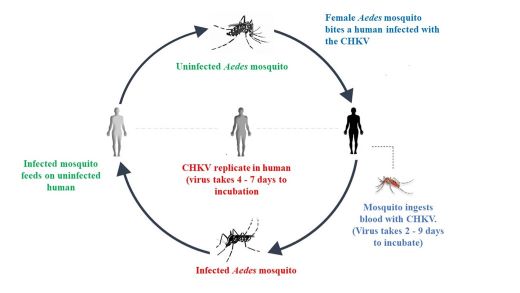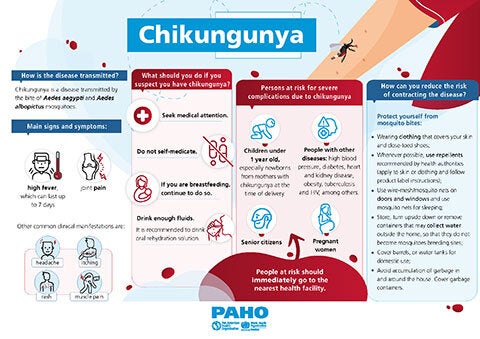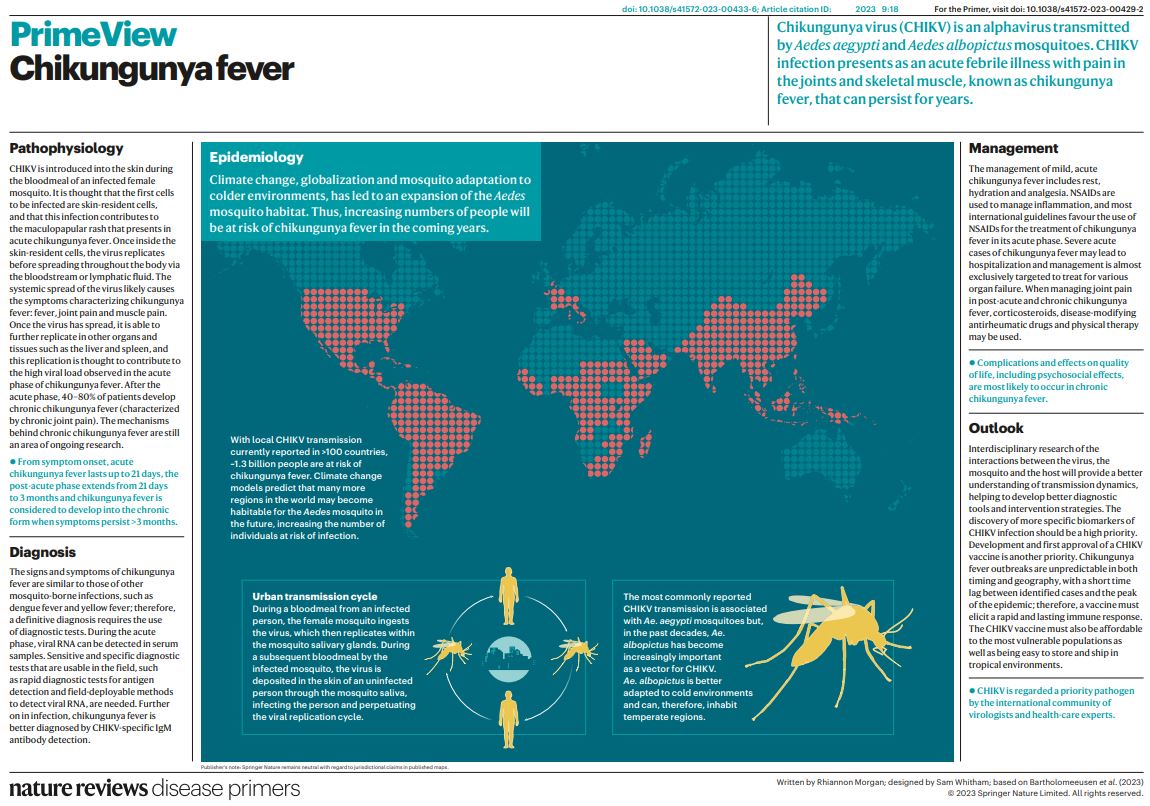Recent Health Alert: Chikungunya Fever Cases Highlight Travel Health Risks
Hong Kong’s Department of Health has reported three new imported cases of chikungunya fever (CF), underscoring the critical importance of health awareness and precautions during international travel. The cases, discovered on August 6, 2025, reveal the potential risks of mosquito-borne diseases and the need for vigilant health monitoring.

The first case involved a 79-year-old woman from Southern District who traveled to Foshan, Guangdong, between July 1 and 31. She developed symptoms of fever and joint pain on August 4, subsequently testing positive for the CF virus at Queen Mary Hospital. Despite no reported mosquito bites during her trip, she was admitted to a specialized mosquito-free environment and remains in stable condition.
Two additional cases emerged involving a father and son from Kwai Tsing District, who had traveled to Bangladesh from July 12 to August 3. The 55-year-old father, who has underlying health conditions, experienced fever and joint pain starting July 27. His 10-year-old son developed similar symptoms on August 1, specifically recalling mosquito bites during their stay. Both were treated at Princess Margaret Hospital and confirmed positive for chikungunya fever.

Dr. Albert Au, Head of the Communicable Disease Branch at the Centre for Health Protection, emphasized the heightened risk during the rainy season when mosquito-borne diseases become more prevalent. He strongly advised travelers returning from affected areas to take specific precautions: use insect repellent for 14 days after arrival and closely monitor their health for potential symptoms.
The medical response highlighted the complexity of managing such cases. Both patients received treatment in carefully controlled mosquito-free environments, demonstrating the specialized care required for mosquito-borne illnesses. The father was initially referred to Tsing Yi Cheung Hong General Out-patient Clinic before being transferred to Princess Margaret Hospital. The son was first admitted to Hong Kong Adventist Hospital – Tsuen Wan before also being transferred to Princess Margaret Hospital.

Interestingly, two additional household contacts who traveled to Bangladesh with the father and son remain asymptomatic but are under medical surveillance. This approach reflects the cautious monitoring typical in managing potential disease spread.
Health authorities in both Guangdong and Bangladesh were promptly notified about these cases, showcasing the international cooperation crucial in tracking and managing infectious diseases. The detailed reporting and swift medical intervention demonstrate the sophisticated public health infrastructure in managing such health challenges.

For travelers, these cases serve as a critical reminder of the potential health risks associated with international travel. Mosquito-borne diseases like chikungunya fever can emerge unexpectedly, affecting individuals across different age groups and health conditions. The key takeaways include the importance of:
- Using effective insect repellent
- Monitoring personal health during and after travel
- Seeking immediate medical attention if symptoms develop
- Understanding the potential risks of destinations with known mosquito-borne disease prevalence

While these specific cases originated from travel to Foshan and Bangladesh, the broader lesson applies to travelers worldwide: preparation, awareness, and prompt medical attention are essential in managing potential health risks during international journeys.
The reported cases not only provide valuable insights into chikungunya fever’s transmission but also reinforce the need for personal health vigilance and proactive medical care when traveling to regions with known health risks.












